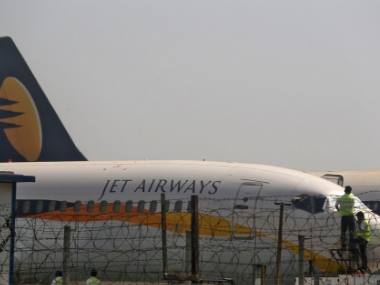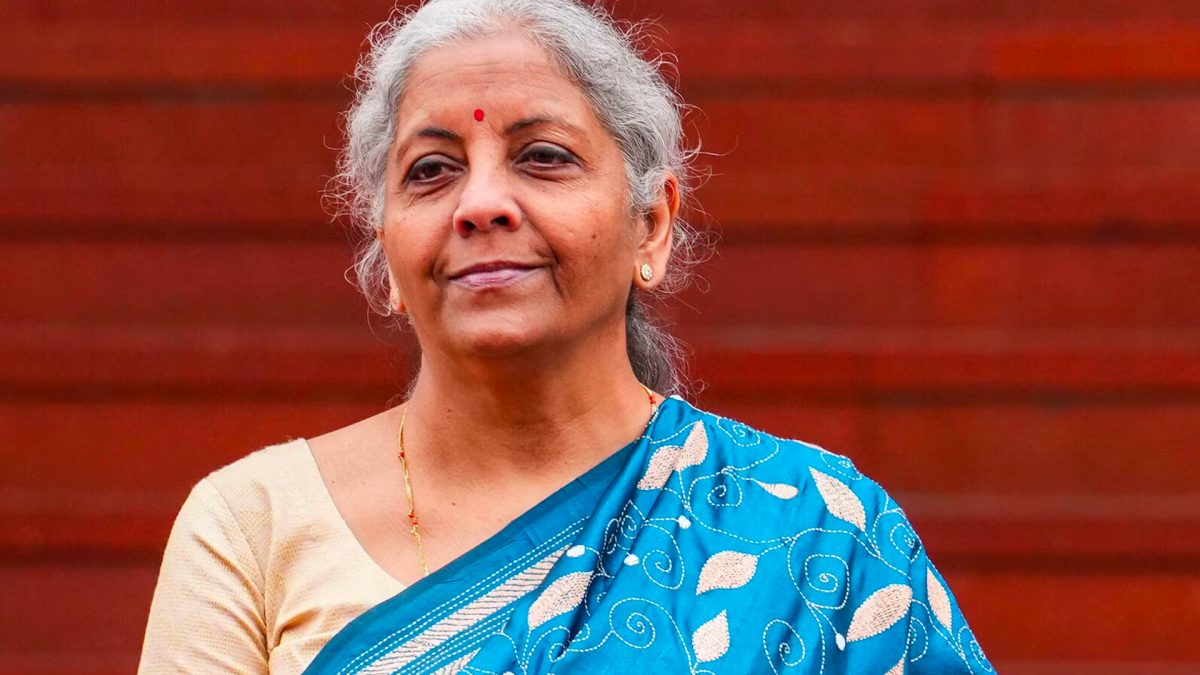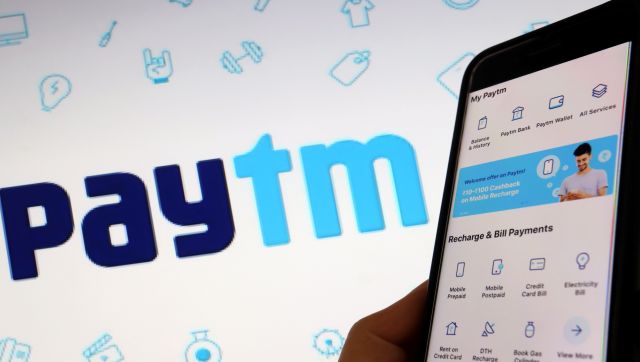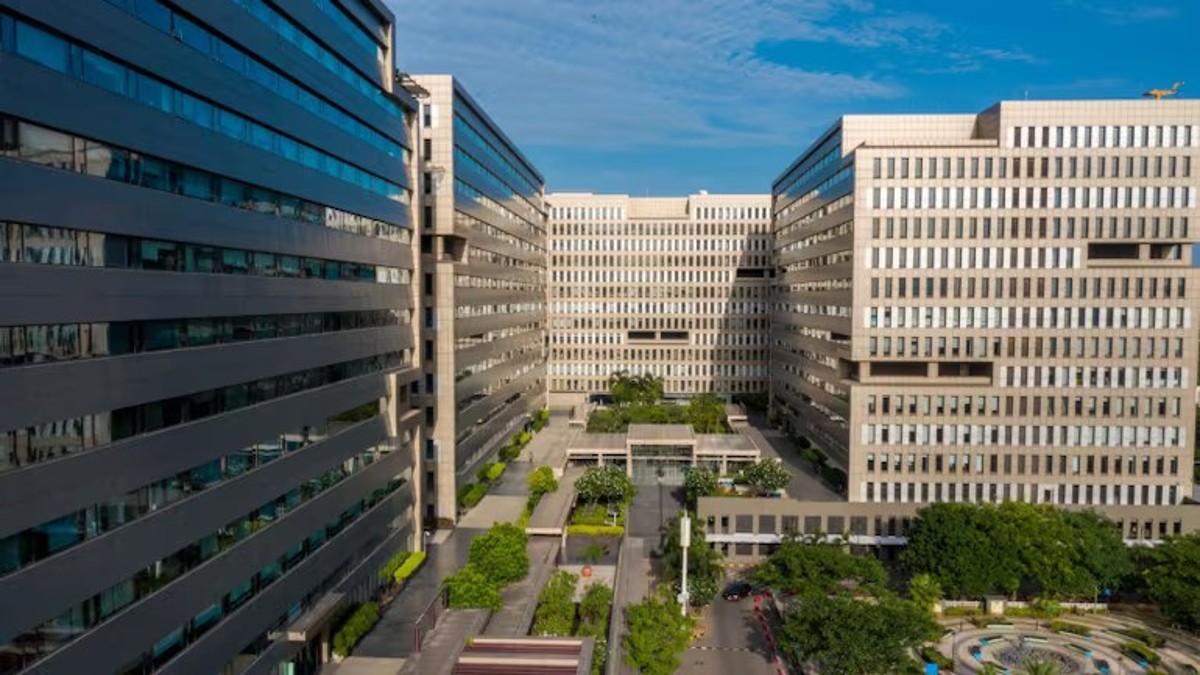Be it Etihad Airways or the Hindujas or both teaming up and suitors before them, their common, almost reflex refrain, has been State Bank of India (SBI) and its consortium should take the densest haircut possible — nearly 100 percent write-off of the whopping Rs 8,500 crore and growing dues to them by Jet Airways. Would they have taken such liberties with bonds subscribed by the US and European investors? It is only on winding up that banks can be expected to philosophically resign to losing their shirt. But when a company is a going concern still, with only promoters changing, it is the cruelest cut to creditors to expect them to indulge in self-abnegation.
There is no reason why the SBI-led lenders’ consortium should not prevail upon the new promoters to carry the outstanding as a liability in Jet Airways’ balance sheet with a moratorium period of, say 10 years. This itself is a big concession and sacrifice. The interest clock should keep on ticking, preferably accompanied by payment as and when it becomes due, say annually. It would be a travesty if SBI and its lenders were expected to bankroll Jet Airways’ fresh working capital requirements on the resumption of its flights so soon after they have been tonsured (haircut) by it.
Public Sector Banks (PSBs) cannot be expected to grin and bear just because they are substantially owned by the government. Indeed their very survival is in question with non-performing assets (NPAs) and write-offs rocking their boats.
It is all fine for an economist like Arvind Panagariya to urge the Narendra Modi government to clean up the balance sheets of PSB — a euphemism for the fresh infusion of equity with taxpayers’ money as soon as the unrepresented capital thanks to NPA is written off. But this is window-dressing at its worst. In the event, the gloating and self-congratulation by the Reserve Bank of India (RBI) that the NPA levels are now in the region of 10 percent after touching nearly 14 percent is a grand self-deception.
SBI alone has written off a whopping Rs 1 lakh crore of bad debts in the last two years thus making it the beast of burden.
Insolvency and Bankruptcy Code (IBC) has definitely hastened the recovery process but at a huge cost i.e., haircuts to banks though MS Sahoo, Chairman of the Insolvency and Bankruptcy Board of India, has a point when he says that when a creditor recovers more than the liquidation value, it is a bonus for him.
He says recovery through the IBC process was at Rs 70,000 crore during fiscal 2018-19, which was around double the Rs 35,500 crore recovered through other resolution mechanisms such as the Debt Recovery Tribunals (DRTs). He went on to say IBC helped creditors recover 195 percent of the liquidation value . His point was liquidation results in the worst realisations for banks.
Should banks content themselves with such helplessness? It is time their hands were strengthened. The escrow account mechanisms must be used increasingly if necessary through an amendment to law so that they are not challenged legally. Under escrow, key customers are bound to pay their dues to an earmarked account withdrawal from which is not allowed in the normal course. It is meant to pay the dues of the chosen creditors for whose benefit it is created. And meanwhile, SBI and its co-lenders should put their foot down and tell the Jet Airways interlocutors that while they are prepared to hold back their guns for ten years, they cannot take a here and now haircut.
It is unfair for a borrower to thumb his nose at the creditor even as he emerges from a nightmarish bad business phase and starts making profits. In other words, SBI should write in a claw-back clause at least.
If haircuts become the norm, the very revenue model of banks would be under question. It can be no one’s case that while every other stakeholder including employees and the tax department must be protected, banks must grin and bear.
(The writer is a senior columnist and tweets @smurlidharan)


)




)
)
)
)
)
)
)
)